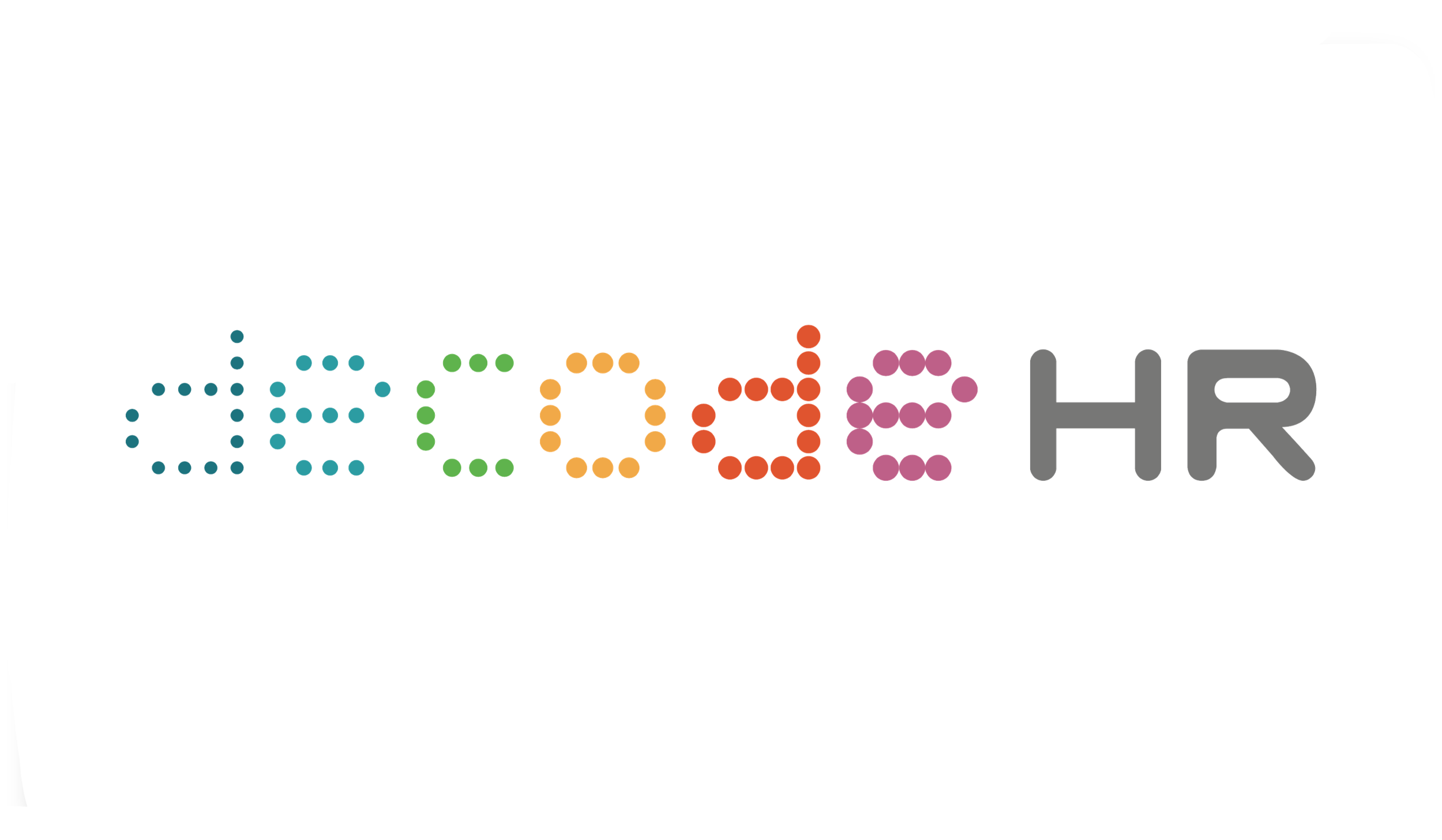Decoding Singapore’s New Workplace Rules
Reading time: 5 mins
Photo: Freepik
Navigating the ever-evolving landscape of workplace regulations can feel like a daunting task – especially with Singapore's upcoming workplace fairness legislation and new guidelines on flexible work arrangements (FWAs).
To stay on top of these changes, we attended a briefing last week by the Tripartite Alliance for Fair and Progressive Employment Practices (TAFEP). Organised by The American Chamber of Commerce in Singapore, the session was packed with useful tips and resources to help business owners, business leaders and HR practitioners better understand the practicalities and potential benefits of these new initiatives.
As highlighted in earlier media reports, employers may be apprehensive about the forthcoming changes, particularly the implementation of FWAs. Some had voiced concerns about maintaining productivity and ensuring effective supervision when employees work remotely or have flexible hours.
Jonathan Cho, Partner with Lee & Lee’s Dispute Resolution & Litigation department, was candid about this. “The elephant in the room, I would say, is an employer’s legitimate concern about whether the professed needs of an employee are genuine, or if these FWAs will be abused. I think this is a real concern which can only be addressed on a case-by-case basis.”
Photo: Freepik
Flexibility to decide which FWAs work for your business
Indeed, there is no one-size-fits-all approach, as pointed out during the briefing by Jason Chan, TAFEP’s Manager of Industry Outreach and Marketing.
These new guidelines aim to achieve win-win outcomes for both employers and employees, and companies are not expected to disrupt business operations in order to accommodate their employees, emphasised Chan.
Hence, employers need to have good HR practices in place and come up with clear guidelines in terms of the roles that are feasible for FWAs and those that are not, said Iris Lew, DecodeHR’s Senior Engagement Manager.
She added that employers also need to assess the different types of FWAs and ascertain what works for the business and what doesn't. Based on the new guidelines, FWAs include flexi-place (telecommuting), flexi-time (adjustable working hours) and flexi-load (variable work load).
“If all else fails, employers must be prepared for some ad-hoc flexibility informally,” said Lew. “Over time, this builds loyalty and commitment from employees, who appreciate the support and flexibility given by employers.”
Photo: Freepik
Evolving work-life expectations and needs
The focus on flexibility reflects a growing recognition of the need to adapt to the changing demands of the modern workforce. According to Singapore’s health ministry, Chan shared, an estimated 83,000 seniors will live alone in 2030 and approximately 100,000 seniors will have at least one mild disability. Working adults will have to take on more caregiving duties.
Besides managing the needs of an ageing population, companies also have to consider the developing expectations of the workforce. In a recent poll of close to 5,800 youths, work-life balance emerged as the top concern upon entering the workforce.
By providing employees with the ability to tailor their work schedules and environments to their individual needs, companies can position themselves as employers of choice. In a competitive job market, offering flexibility can be a significant differentiator.
“I think it is undeniable that the landscape of work culture is changing – whether due to generational mindsets in the present workforce, or whether due to experiences during COVID – and employers will have to give thought to the issue,” said Cho, adding that the formalisation of FWAs is a good starting point. “I think it is also consistent with the upcoming legislation which seeks to recognise the different needs of employees, so as to prevent discriminatory practices, but also build fairer workplaces and work cultures.”
Photo: Freepik
Strategies for success
To successfully navigate these upcoming changes, companies should review their existing HR policies to ensure that they comply with workplace fairness rules.
Importantly, they also need to prioritise internal communication, said Lew. “Clear communication and understanding between employers and employees is key. Employees need to be realistic and understand that business needs and goals cannot be compromised. But employers also have to understand and embrace the changing expectations of the workforce.”
Cho believes that it is essential for companies to “cultivate an environment where difficult conversations can be had, with the ultimate purpose and intention of shaping each workplace and culture into a more harmonious one”.
Change is never easy and is often accompanied by uncertainty. But the upcoming legislation and emphasis on flexible work arrangements in Singapore are timely and necessary. They reflect a commitment to creating fair, inclusive and versatile workplaces.
By helping to level the playing field and supporting better work-life balance, we can build an environment that not only protects and empowers employees, but also drives business success in a competitive global economy.
Check out TAFEP’s self-help resources, or reach out to us now.









